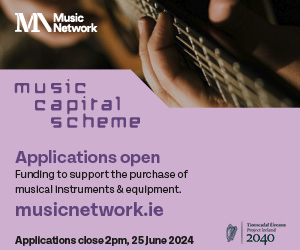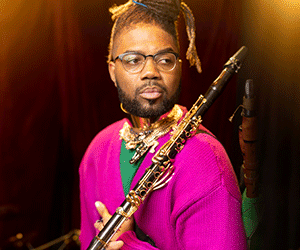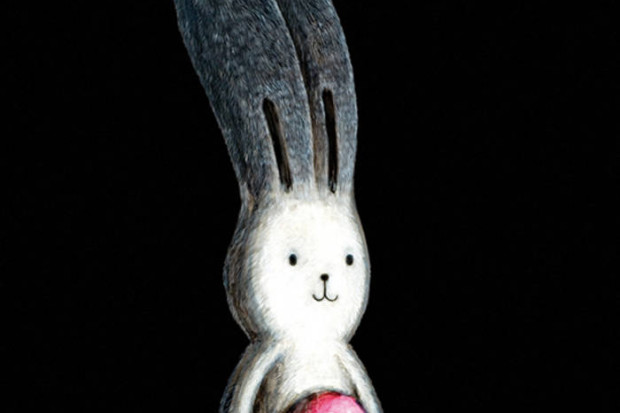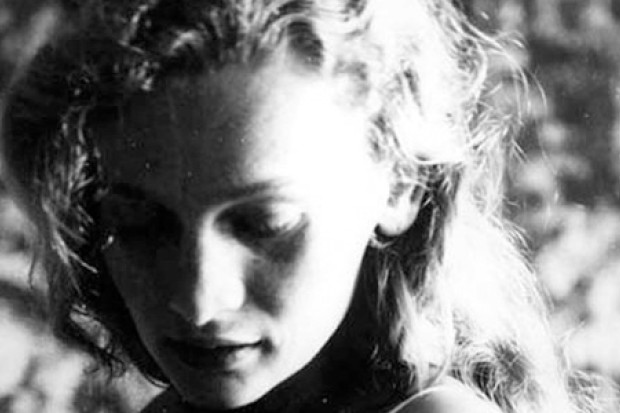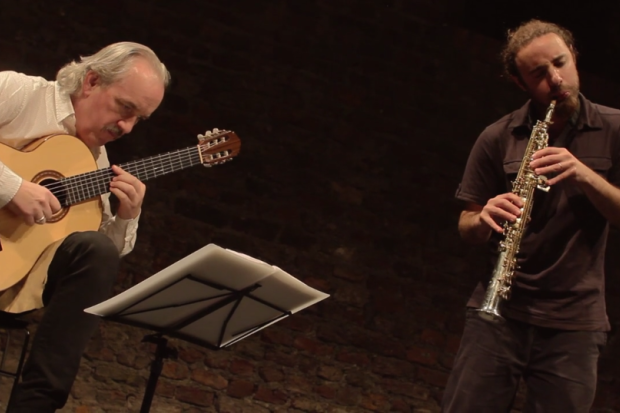Live Reviews: Young Composers' Collective
One aim of the Young Composers’ Collective (now the Irish Composers’ Collective) since its founding in 2003 is to provide young Irish composers with the opportunity to hear their works professionally performed, a goal realised over two concerts of Irish music at the York Late Music Festival. The concerts featured the work of fifteen young composers, who also had the opportunity for international networking and to hear talks by Pauline Harding, publisher of Leading Note magazine, and Irish composer Ed Bennett. While it does not seem to have been a deliberate curatorial decision, the range of styles and musical languages represented displayed a wide-ranging cross section of the approaches to notated music among young Irish composers today.
There were several stand-out pieces that need mention. Francis Heery’s Kite Flying and Other Mishaps was an engaging adventure for the double bass. In Sam Barton’s assured performance, waves of brutal tremolos and shooting glissandos created a fascinating quasi-spectral soundscape that was both experimental and approachable. Brian Ledwidge Flynn’s Tickle for trombone (Raphael Clarkson) and bass voice (Chris Macklin) was punchy, and, ultimately, hilarious. It displayed a facet found in many of the pieces performed: it was fun. The word ‘fun’ could be seen as a dismissal, but that is hardly the case here; as with some of the work of Donnacha Dennehy, this is serious fun: a musical romantic irony that subverts the pomposity of dour new music without forsaking musical depth. Such an approach was also found in Dylan Rynhart’s Kitchey Schlock for saxophone quartet, a confluence of serialism and jazz which certainly excited the audience.
Different approaches could also be found: Johanne Heraty’s An tSióg Bheag was an atmospheric piece for shakuhachi (Joe Browning) that created its own mood without ever falling into the easy trap of Irish tourist-board clichés or Orientalist banalities. Garrett Sholdice’s Trio #2 for violin, trumpet and piano evoked memories of Feldman and Cage in its quiet, highly focused exploration of sonorities; that it ultimately banished such memories to craft its own style proved the composer’s skill. Benedict Schlepper-Connolly’s Cyan for trumpet (Matt Postle) with tape also carved its own aural space. The striking use of the sound of waves accompanying long tones from the trumpet created a powerfully elegiac mood.
If anything connected the pieces performed it was the sense of freedom displayed by the composers in experimenting with compositional languages. Indeed, there was a willingness to look beyond normally proscribed boundaries to glimpse the best way forward; an approach illustrated by Peter Moran’s The Stranger on the Southbound Train, a contemporary lied happily taking its lineage from both Schubert and Nick Drake. If these pieces are representative, then the future of composition from Ireland looks bright indeed.
Published on 1 September 2008
Ed Crooks is a musicologist based in York, England.








